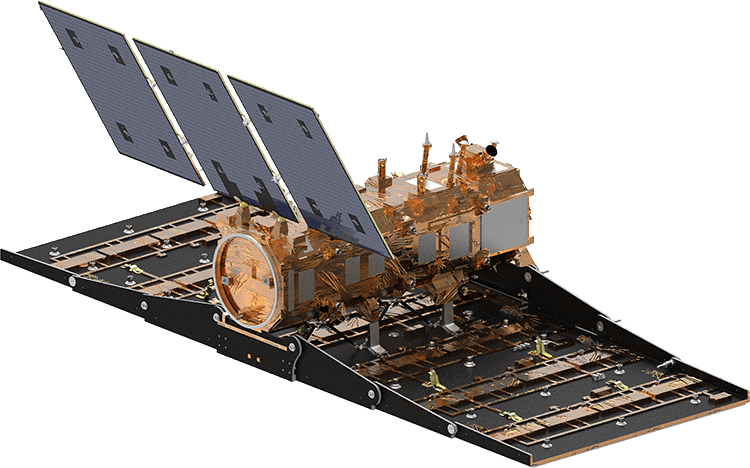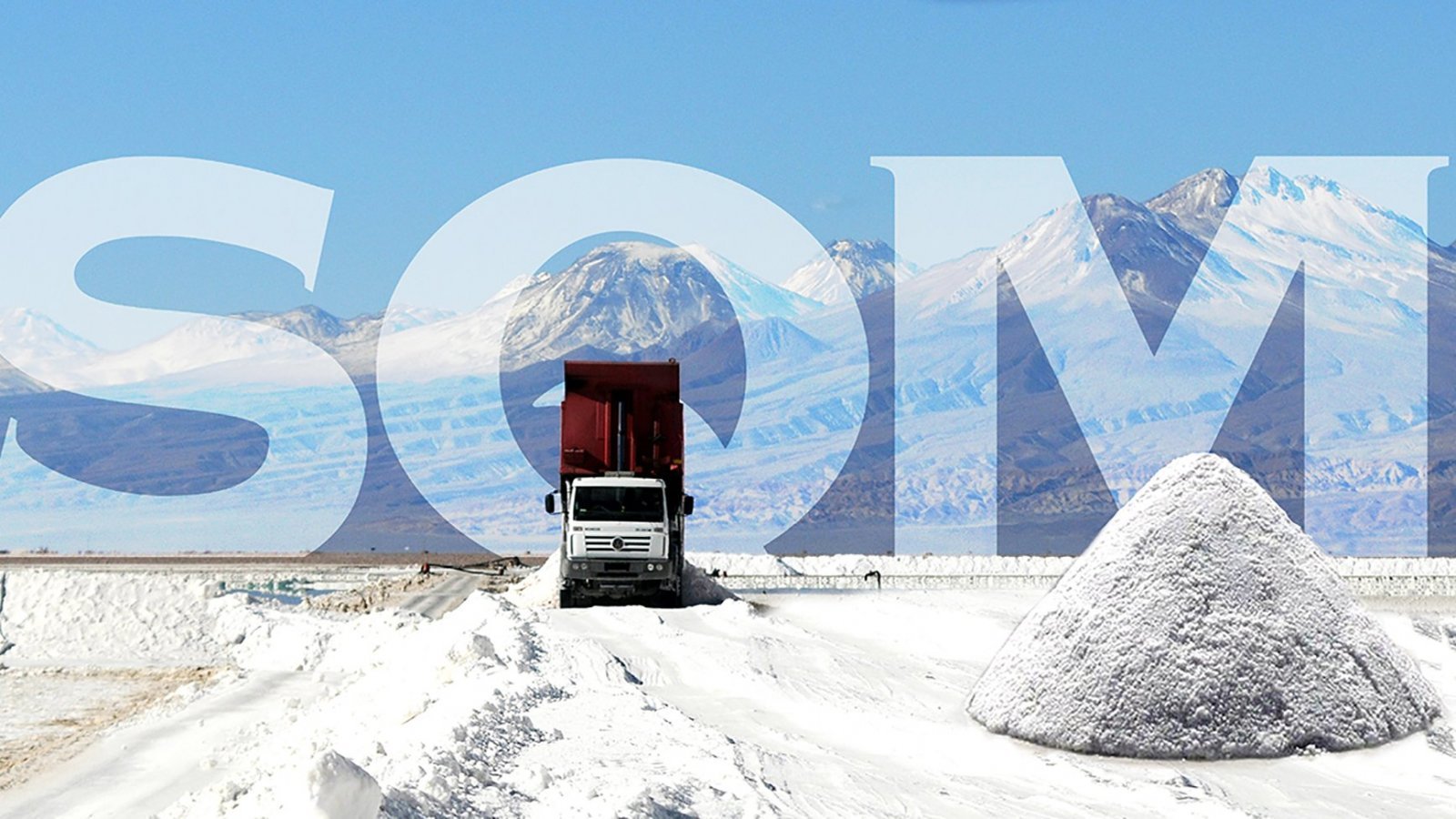The Atacama salt flat in Chile is experiencing a concerning rate of subsidence. According to a recent study by the University of Chile, the land is sinking at a rate of 1 to 2 centimeters per year. This phenomenon stems from lithium brine extraction for battery production.

Researchers used satellite data from SAOCOM-1 satellite constellation of Argentina’s National Commission for Space Studies, to monitor changes in the Earth’s crust between 2020 and 2023. The study, revealed that the subsidence is concentrated in the southwestern part of the salt flat, where most of the lithium mining activity takes place.
The excessive pumping of lithium-rich brine is depleting the aquifers faster than they can recharge. This imbalance is causing the land to sink, leading to potential long-term environmental and infrastructure problems. The affected area measures approximately 8 kilometers by 5 kilometers.

Chile, as the world’s second-largest lithium producer, relies heavily on the Atacama salt flat for its resources. However, the extraction process involves evaporating the brine, which results in significant water loss. This practice has raised concerns among native communities about the depletion of freshwater and lithium-rich brine.
To address these environmental concerns, Chilean authorities have initiated investigations into the mining practices of SQM and Albemarle, the two major lithium producers in the country. The aim is to transition to Direct Lithium Extraction (DLE), a more sustainable method that involves reinjecting groundwater after extracting lithium.

While DLE holds promise, it is still in the testing phase. Chile’s SQM has recently partnered with Codelco, the state-owned copper giant, to expand its lithium production. However, it’s crucial we expand responsibly and sustainably.
Reference- Reuters article, IEEE Transactions on Geoscience and Remote Sensing journal, University of Chile






